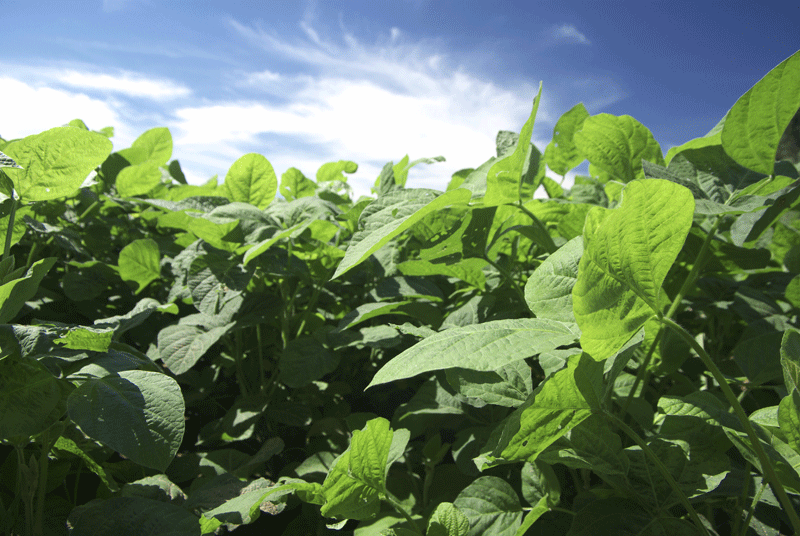Five Questions For a Soybean Processor
Soybean meal is a top feed ingredient for animal agriculture because it meets their needs for consistent, high-quality protein and other nutrients. Every part of the soy value chain, including farmers growing soybeans and processors crushing beans for meal and oil, is responsible for ensuring that U.S. soy continues providing the right balance of nutrients for customers.
 Five Questions for Mark Sandeen, vice president of processing marketing, Ag Processing, Inc (AGP)
Five Questions for Mark Sandeen, vice president of processing marketing, Ag Processing, Inc (AGP)
Q: What do you do to meet specific end-user needs for soybean meal and oil?
A: Most of our customers are looking for a commodity soybean meal, so we purchase and process commodity soybeans to meet that need. A small percentage of customers ask for particular specifications, and in those cases we find the soybeans that meet those requirements. We’ve worked on sustainability and high oleic oil programs for some customers based on their needs. End users who are willing to pay more allow AGP to pay premiums to farmers.
Q: How do your customers make sure they get what they need? Do they require specifications for protein or an amino acid profile from you?
A: It is my experience that it is uncommon for an end user to specify what particular amino acids they are looking for. Most still trade on crude protein content. However, they know what they will get from various processors. Depending on their needs, they can dictate quality based on where they buy meal and what they’re willing to pay.
Q: What does AGP do differently to maintain soybean meal and oil quality?
A: We measure protein and oil when we take deliveries from member elevators and share that information with the elevator and the producers. Then the elevator is paid based on protein and oil content. Most of our member elevators pass the premium on to farmers.
Q: Do the elevators that deliver to AGP take those same measurements?
A: Most of our member elevators do not test for protein and oil content at this time. The NIR machines needed to do so can be cost-prohibitive for many of them. Many elevator companies have several locations, and putting a machine at every location may be expensive. However, if you’re delivering to a processor like AGP that pays premiums based on quality, it can be beneficial.
Q: What can farmers do to produce better protein and oil?
A: We hope producers will use protein and oil data in seed selections for the next year. It wasn’t too long ago that you’d look at a seed catalog and not see protein and oil content as a factor. Today, I think those metrics are commonplace, so farmers can choose varieties that meet their performance expectations and also provide better protein and oil content for customers.
For processors like AGP, measuring compositional quality increases profit opportunities from soy’s nutritional bundle. For farmers, tracking quality over time could lead to higher profits – whether that’s with premiums or increased demand.
